11. April 2023 | Interviews
ELMI: “Exchange often brings about entirely different ideas and projects one has not thought about before”
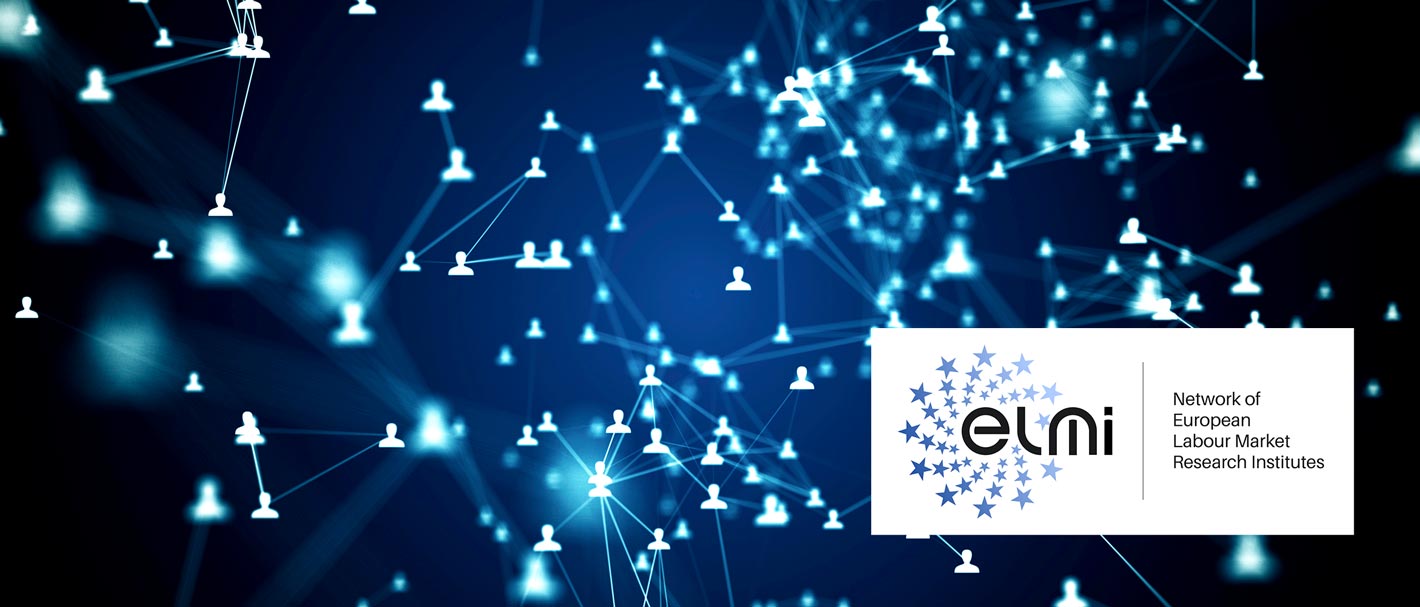
What has prompted LISER and the IAB to establish a European network of labour market research institutes?
Christina Gathmann: Ever since I took over the Labour Market department at LISER (Luxembourg Institute of Socio-Economic Research) in the autumn of 2020, I have been attaching great importance to boosting the international exchange with high-profile scientists in order to further enhance the quality of research in our team and to promote the global dialogue on policy-relevant issues. LISER is the only socio-economic research institute in Luxembourg, and it was hardly involved in any international discourse. This has fundamentally changed in the past years. At first, lots of my ideas were compromised and delayed due to the pandemic. This is why we could only launch ELMI in the autumn of 2022.
Bernd Fitzenberger: The IAB has a long history of successful cooperation with numerous international partners. LISER and the IAB have organised a joint research congress for several years. The establishment of ELMI will contribute to further systematisation and expansion of the international exchange. To me, ELMI is the next logical step in the further development of the IAB’s international cooperation on the European level.

Prof. Bernd Fitzenberger has been the director of the IAB since September 2019, and Professor of Quantitative Labor Economics at Friedrich-Alexander-Universität Erlangen-Nürnberg since October 2020.
Fitzenberger: All participating institutes benefit from the exchange of research results, data and findings for policy counselling and from the involvement in joint research projects and publications.
What are the goals of ELMI on the European level and beyond?
Fitzenberger: The legal mandate of the IAB is to conduct research on the German labour market, including its occupational dimensions, and its social security systems and to offer advice to policy makers on the basis of scientific findings. Yet, the German labour market cannot be observed in an isolated manner since it is integrated into the European single market. Migration between the states and cross-border commuting play an important role also and especially for Germany due to its central geographical location surrounded by nine neighbouring countries. So, we have been working with our European colleagues in lots of areas of labour market research for years. We wish to intensify and structure these contacts by means of the new network. All participating institutes benefit from the exchange of research results, data and findings for policy counselling and from the involvement in joint research projects and publications.
What kind of added value are you expecting from the cooperation in the context of ELMI?
Gathmann: I am really looking forward to cooperating within the network. I have some specific expectations, for example, with regard to the exchange of junior researchers, better access to the data among the members of the network, and the exchange on policy-relevant issues and practices. At the same time, I am simply curious to see the dynamics of the development. Because exchange often brings about entirely different ideas and projects no one has ever thought about before. The kick-off meeting at the IAB in autumn was already very promising indeed!
Fitzenberger: This can also add new perspectives to the policy counselling of individual institutes, which is still mostly oriented towards the national policy debate.
Fitzenberger: We can learn a lot from our partner institutes, for example, how we can research the current challenges on the labour market and the states’ responses to these. We want to find out whether the demand for skilled workers in the European countries is structurally comparable and whether there are new ideas for securing the supply of skilled workers that could be relevant for policy counselling. Regular exchange within the network will significantly facilitate this mutual learning as compared to the sporadic and rather random exchange between individual researchers. The network can bring about joint collaboration projects with added value for the entire European research. This can also add new perspectives to the policy counselling of individual institutes, which is still mostly oriented towards the national policy debate.
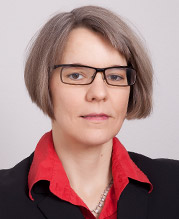
Prof. Christina Gathmann has been head of the Labour Market Department at LISER since 2020.
How does LISER contribute to the development of the network?
Gathmann: Bernd Fitzenberger and I form the coordinator team for ELMI to give the network a good start. LISER has developed a website that helps us promote the network and exchange information among the members. In 2023, we are organising the first ELMI conference in Luxembourg on the issue “Skills for the Future: Navigating the Digital, Green, and Social Transitions in Europe’s Labour Market” that will be held on 30 and 31 October 2023. I would like to extend my thanks to Patrick Thill, a member of my staff, who is actively supporting me with the organisation of this conference and acts as a work-level contact at LISER for all ELMI matters. We are going to discuss further initiatives in the course of the year and during the conference in Luxembourg.
How does the IAB contribute to the development of the network?
Fitzenberger: The IAB and LISER initiated ELMI together and invited the other nine members to the founding event in Nuremberg in October 2022. We developed ideas for new exchange formats there. So, on 16 February 2023, the IAB sent out an invitation to the first virtual ELMI Policy Round Table with the title “Labour Market Shortages and Current Policy Responses”. Each of the currently eleven ELMI institutes respectively is supposed to organise similar events dedicated to different topics of the labour market and employment research at regular intervals. In October 2024, we are planning to hold an ELMI conference in Brussels during which we want to specifically approach the European institutions such as the Directorate-General for Employment and Social Affairs. Sincere thanks to Holk Stobbe at the IAB, who is managing ELMI with exceptional commitment and dedication.
What characterises the founder members?
Gathmann: All founder members have a similar research-oriented approach in policy counselling, but of course, they each additionally have their own topical and disciplinary focal points. In the beginning, it seemed important to us in order to address common interests more easily. The response was so positive that we do not actually have to worry about a lack of common interests.
Which disciplines and methodical orientations are represented in the network?
Fitzenberger: Of course, the network includes the IAB disciplines, i.e. there is an emphasis on economics and sociology. But other social science-related disciplines, as well as mathematics and statistics, are also represented in ELMI. However, the disciplinary and methodical orientation plays only a secondary role in the selection of ELMI institutes. What really matters here is that all institutes conduct high-profile, policy-relevant research, their scientific findings are regularly published in international journals, and they provide policy makers and society with consultations regarding the labour market and corresponding issues of the safety net.
Gathmann: We also consider it important to get closer to the plans and projects of the European Union and the European Commission in Brussels.
Which activities are being planned to breathe life into the network?
Gathmann: We are planning to hold an annual ELMI conference. As already mentioned, the first one is due to take place in Luxembourg. In addition to this, we are thinking about a European Training Network (ETN) to jointly provide doctoral candidates with training on a central labour market topic. And we also consider it important to get closer to the plans and projects of the European Union and the European Commission in Brussels in order to develop joint European research projects and successfully raise third-party funds.
Every country works with its own data. What significance can ELMI have for European data exchange?
Gathmann: Access to the data and especially the improvement of the data infrastructure on the European level can become an important initiative for ELMI. We mainly work with data from one country, while many EU-funded projects, unfortunately, have to work with rather aggregated data for all EU countries. There are initiatives from other areas, such as healthcare, that are aimed at establishing a European data infrastructure and getting rid of the obstacles to data linking – the European Health Data Space is one of the forerunners. Investments on the part of labour market research are required here. The ELMI network can potentially play an important role in this context.
Fitzenberger: ELMI is a great opportunity for the IAB and its staff to network internationally, to initiate joint research projects, and to conduct exchange on important issues from the realm of labour market and social policy.
What inspires you about ELMI?
Fitzenberger: ELMI is a great opportunity for the IAB and its staff to network internationally, to initiate joint research projects, and to conduct exchange on important issues from the realm of labour market and social policy. We hope that, after the first consolidation phase, we will be able to integrate new members from more countries into our network. We strive for exchange with supranational institutions, such as the EU Commission, the EU Parliament, the OECD or the ILO, but also with political actors in European border regions on both sides of the borders. We not only want to provide more data and more research for national institutions but also give research-based impulses for political and social decisions on the international level.
More information:
For more information on the network and on upcoming events, please visit the ELMI-website and its event calendar.
Founder Members of the “Network of European Labour Market Research Institutes” (ELMI):
DOI: 10.48720/IAB.FOO.20230411.02
Winters, Jutta (2023): ELMI: “Exchange often brings about entirely different ideas and projects one has not thought about before”, In: IAB-Forum 11th of April 2023, https://www.iab-forum.de/en/elmi-exchange-often-brings-about-entirely-different-ideas-and-projects-one-has-not-thought-about-before/, Retrieved: 26th of April 2024
Authors:
- Jutta Winters

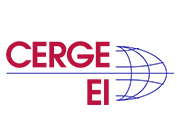
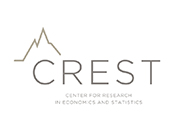
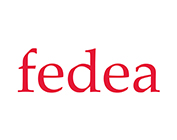
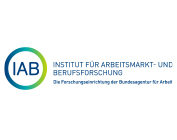
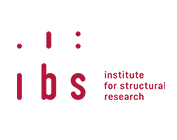
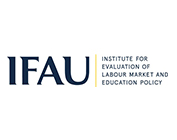
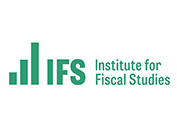
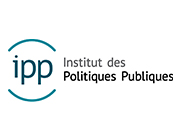
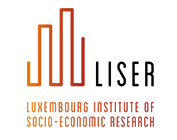
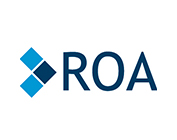
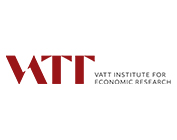
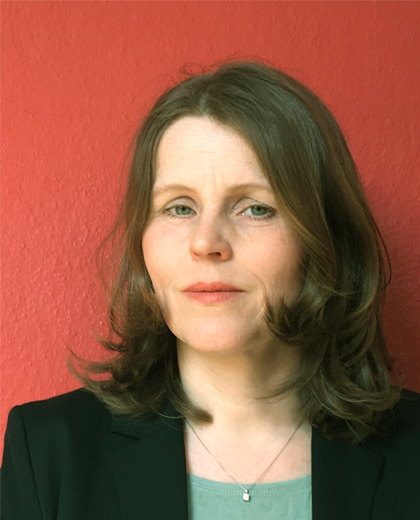 Jutta Winters is scientific editor in the department “Media and Communication” at the IAB.
Jutta Winters is scientific editor in the department “Media and Communication” at the IAB.